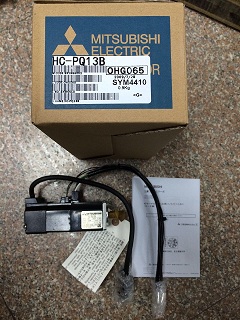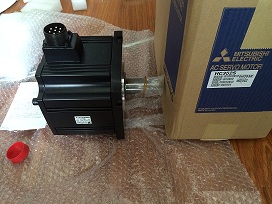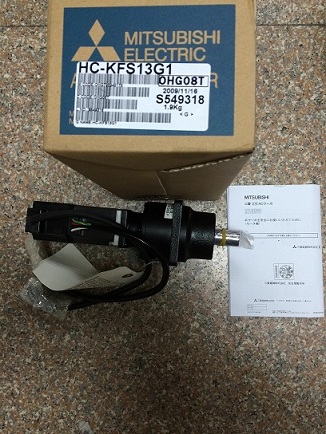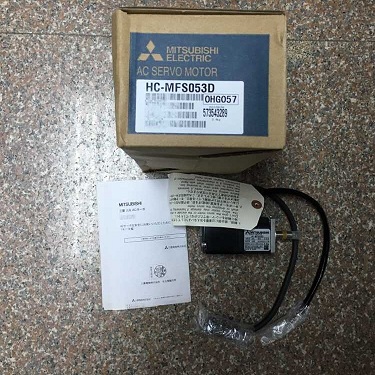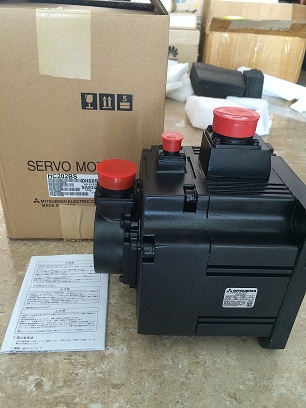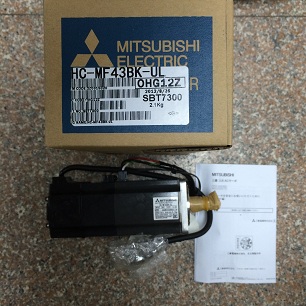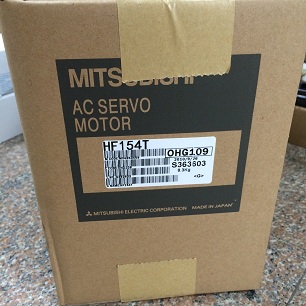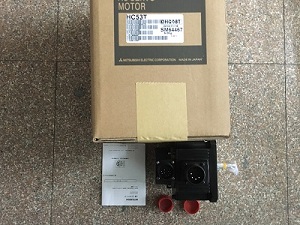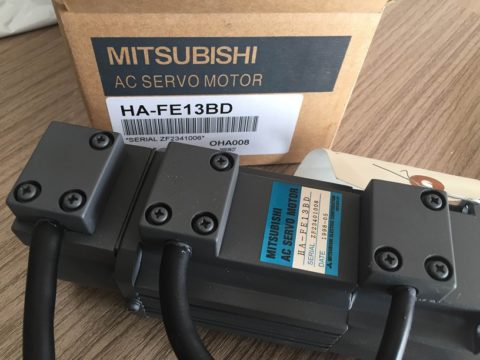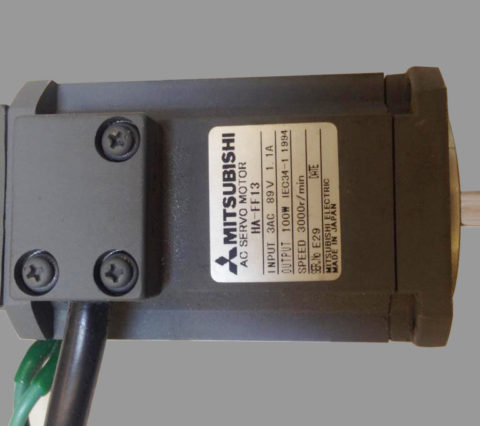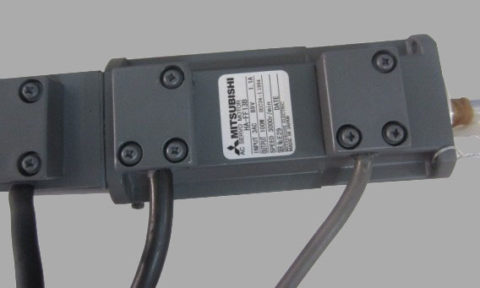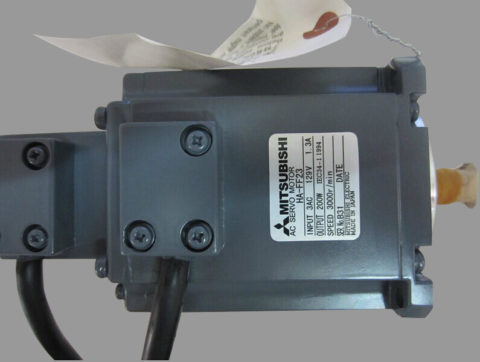1. Pneumatic actuator:
The actuators used in most industrial control situations today are pneumatic actuators. Because they are powered by a gas source, they are economical and economical compared to electric and hydraulic, and are simple in structure and easy to grasp and maintain. From a maintenance point of view, the pneumatic actuator is easier to operate and calibrate than other types of actuators, and it is easy to achieve positive and negative interchanges in the field. Its greatest advantage is safety. When using a positioner, it is ideal for flammable and explosive environments. If the electrical signal is not explosion-proof or intrinsically safe, there is a potential risk of fire due to fire. Therefore, although the application range of electric control valves is now wider and wider, in the chemical industry, pneumatic control valves still occupy an absolute advantage.
The main disadvantages of pneumatic actuators are: slow response, poor control accuracy, and poor resistance to deviation, due to the compressibility of the gas, especially when using large pneumatic actuators, air filling cylinders and emptying time. But this should not be a problem, because high degree of control accuracy and extremely fast response and resistance to deviation are not required in many operating conditions.
2. Electric actuator:
Electric actuators are mainly used in power plants or nuclear power plants because of the need for a smooth, stable and slow process in high pressure water systems. The main advantages of the electric actuator are the high stability and the constant thrust that the user can apply. The maximum actuator can generate up to 225,000 kgf of thrust. Only the hydraulic actuator can achieve such a large thrust, but the hydraulic actuator is more expensive than the electric actuator. A lot higher. The anti-deviation ability of the electric actuator is very good. The thrust or torque of the output is basically constant. It can overcome the imbalance force of the medium and achieve accurate control of the process parameters. Therefore, the control accuracy is better than that of the pneumatic actuator. high. If a servo amplifier is used, the positive and negative interchange can be easily realized, and the state of the off-signal valve position (hold/full-open/full-off) can be easily set, and when the fault occurs, it must stay in the original position. Pneumatic actuators do not, pneumatic actuators must be secured by means of a combined protection system.
The shortcomings of electric actuators are: the structure is more complicated, it is more prone to failure, and because of its complexity, the technical requirements for on-site maintenance personnel are relatively higher; the motor runs to generate heat, if the adjustment is too frequent, it is easy to cause The motor overheats, generates thermal protection, and also increases the wear on the reduction gear; in addition, it runs slower, and it takes a long time to output a signal from the regulator and move to the corresponding position in response to the adjustment valve. It is not as good as pneumatic and hydraulic actuators.
3. Hydraulic actuator:
When unusual anomaly resistance and high thrust and fast formation speed are required, we often use hydraulic or electro-hydraulic actuators. Because of the incompressibility of the liquid, the advantage of using a hydraulic actuator is the superior resistance to deflection, which is important for adjusting the operating conditions, because the throttling condition is unstable when the adjusting element approaches the valve seat, the more The pressure difference is large, and the situation is more severe. In addition, the hydraulic actuator operates very smoothly and responds quickly, so high-precision control can be achieved. The electro-hydraulic actuator integrates the motor, oil pump and electro-hydraulic servo valve. It can work by connecting the power supply and control signals. The hydraulic actuator is similar to the cylinder, but it can withstand higher pressure than the cylinder. The work requires an external hydraulic system, and the plant needs to be equipped with a hydraulic station and a delivery line. In contrast, an electro-hydraulic actuator is more convenient.
The main disadvantages of hydraulic actuators are the high cost, the bulky and bulky physical examination, the special complexity and the need for special engineering, so most of them are used in some special occasions such as power plants and petrochemicals.
点击图标下载 App

